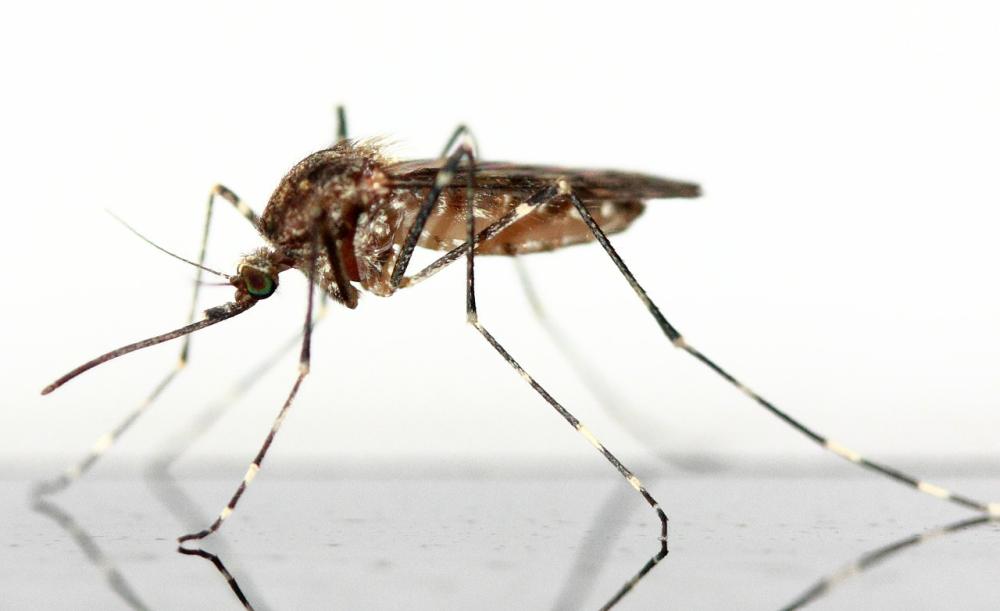EEE risk raised to high in Middleboro
The risk of contracting Eastern Equine Encephalitis (EEE) has been raised from moderate to high in the communities of Middleboro and Carver and to moderate in Lakeville, Bridgewater and Rochester, according to an announcement made by the State Department of Public Health.
This warning was issued after the state department detected EEE in mosquito samples collected in Abington, Middleboro, Wareham, and Whitman.
Twelve other communities have already been identified at ‘moderate’ risk for contracting the virus: Amesbury, Groveland, Halifax, Haverhill, Kingston, Merrimac, Newburyport, Plymouth, Plympton, Salisbury, Wareham, and West Newbury.
The first EEE-positive mosquitoes in Massachusetts in 2024 were found in Carver. There have also been EEE-infected mosquitoes identified in Halifax and Kingston in Plymouth County, Barnstable in Barnstable County, and Amesbury and Haverhill in Essex County.
Eastern equine encephalitis is a rare and potentially fatal mosquito-borne illness that can affect people of any age, according to the Department of Public Health. There were 12 human cases of EEE in Massachusetts in 2019 with six deaths; in 2020, there were five human cases and one death.
“The last EEE outbreak cycle in Massachusetts occurred in 2019-2020 and since then, there have been no human cases of EEE reported in the state,” said Massachusetts Public Health Commissioner Robbie Goldstein.
“Summer is a time for people to be outside and enjoy themselves. We want people to have fun and keep themselves safe by being informed about where EEE is being found in mosquitoes,” said Goldstein.
The Department of Public Health recommends that people in high-risk areas use mosquito repellents with an EPA-registered ingredient such as DEET, drain standing water that can serve as a breeding ground for mosquitoes and avoid outdoor activities around the peak mosquito hours.
“The mosquitoes that are most likely to spread EEE are most active between the hours of dusk and dawn,” said State Epidemiologist Dr. Catherine M. Brown.
“They are also more active during hot and humid weather. We all want to enjoy this last month of summer but also want people to take steps to be safe from mosquitoes.”











